Louis De Beaumont, Ph.D.
Associate Professor, Department of Surgery, Université de Montréal
Scientific Director, Physical Health, CIUSSS-NIM Research Center
514-338-2222 ext. 7722
louis.de.beaumont@umontreal.ca
Training
Post-doctorate in Psychiatry (McGill University)
Ph.D. in psychology (University of Montreal)
M.Sc. in Psychology (Université de Montréal)
Research interests
Neuronal plasticity
Transcranial magnetic stimulation (TMS) and genetic factors influencing the recovery of patients with mild traumatic brain injury
Effect of age on post-trauma recovery
Methodological approaches
Stimulation magnétique transcrânienne, génotypage, analyse de biomarqueurs
Fundings
Transcranial magnetic stimulation, genotyping, biomarker analysis
My team

Forthcoming
Forthcoming
Selected publications
Tremblay S., Henry LC, Bedetti C., Larson-Dupuis C., Gagnon JF, Evans AC, Theoret H, Lassonde M, & De Beaumont L (2014). Diffuse white matter tract abnormalities in clinically normal ageing retired athletes with a history of sports-related concussions. Brain, 137(Pt 11):2997-3011
Beaulieu C, Bourassa ME, Brisson B, Jolicoeur P, De Beaumont L (2014). Electrophysiological correlates of motor sequence learning. BMC Neuroscience, 15:102.
De Beaumont L, Tremblay S, Henry LC, Poirier J, Lassonde M, Théoret H. Motor system alterations in retired former athletes: the role of aging and concussion history. BMC Neurology 2013, 3(1), 109-17.
De Beaumont L, Fiocco AJ, Quesnel G, Lupien S, Poirier J. Altered declarative memory in introverted middle-aged adults carrying the BDNF val66met allele. Behavioral Brain Research 2013, 253:152-6.
De Beaumont L, Tremblay S, Poirier J, Lassonde M, Théoret H. Altered bidirectional plasticity and reduced implicit motor learning in concussed athletes. Cereb Cortex 2012, 22(1), 112-21.
Projects
Cannabiditol as a potential therapeutic target for mild traumatic brain injury recovery in female rats
With the social acceptance of cannabis use at an all-time high combined with its recent legalization in Canada, research aiming to evaluate the potential clinical utility and health hazards of cannabis are urgently needed, particularly in light of anticipated increased recreational use and self-medication. Cannabidiol, or CBD, is the most abundant and the main non-psychoactive cannabinoids extracted from the cannabis plant and is commercially available for therapeutic use in Canada. Recent studies have revealed the anti-inflammatory and antioxidant properties of CBD, making it a promising neuroprotective agent in a wide variety of neurological conditions including traumatic brain injury (often referred to as concussion). Sports related concussions (SRC) has emerged as a growing public health concern, with its annual prevalence reaching epidemic proportions. Once thought of as a relatively benign and transient condition, SRC were shown to exert long-term alterations of brain structure and function, with chronic traumatic encephalopathy (CTE) being the most catastrophic outcome. Neuroinflammation (NI) is a chief injury mechanism of SRC. SRC set off a NI reaction that persist decades later in retired concussed athletes. Excessive NI in retired concussed athletes has recently been linked to late-life alterations of brain integrity and CTE development, thus making of the anti-inflammatory properties of CBD an appealing therapeutic target for concussion. Recent evidence also suggest that female athletes fare worse than males following concussion, a finding that has been linked to sex-specific excessive neuroinflammation in animal models of concussion. The main objective of this program is to investigate the potential effects of CBD administered during the acute post-concussion phase on cerebrovascular inflammation and behavioral outcome across sex in a rodent model of concussion.
Headfirst Project
In vivo modeling of the neurobiological sequelae of blows to the head based on a biomechanical approach when practicing contact sport.
